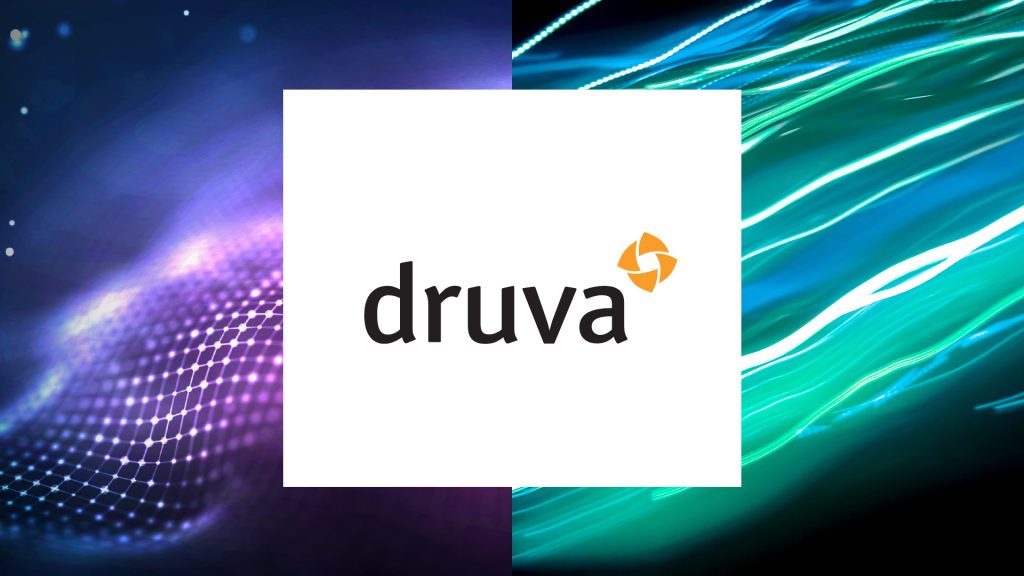
Why Cloud-Native Backup is No Longer Optional for Indian Enterprises
In today’s fast-evolving digital economy, data is not just an asset—it’s the backbone of business continuity, innovation, and growth. As Indian enterprises increasingly shift to cloud-first strategies, the need for robust, cloud-native data protection has become not just relevant, but mission-critical. Legacy backup systems, once deemed sufficient, are now falling behind in their ability to handle the complexities of modern, distributed, and hybrid IT environments.
This blog explores why cloud-native backup is no longer a “nice-to-have” but an essential part of enterprise IT strategy—especially in the context of growing cyber threats, compliance pressures, and cloud adoption across India.

The Rise of Cloud in India: A New Business Reality
India has emerged as one of the fastest-growing cloud markets in the world. With government initiatives supporting digital transformation, and businesses embracing cloud platforms like AWS, Microsoft Azure, and Google Cloud, workloads are rapidly shifting away from on-prem data centers.
From fintech startups in Bangalore to manufacturing giants in Delhi NCR, the need for scalable, reliable, and secure data protection is more urgent than ever. Cloud-native backup solutions like Druva offer a powerful answer to this challenge—eliminating the complexity and inefficiencies of traditional infrastructure-based systems.
The Problem with Legacy Backup Systems
Traditional backup tools were designed for static environments—centralized servers, minimal mobility, and predictable workloads. That’s not the world we live in anymore.
Key challenges with legacy backup systems:
- High Infrastructure Costs: Maintaining backup hardware, storage, and licensing is capital-intensive.
- Limited Scalability: Legacy tools struggle to scale with cloud workloads and remote environments.
- Operational Complexity: Managing multiple tools across different environments leads to inefficiency.
- Security Risks: On-prem backup systems are often vulnerable to ransomware and natural disasters.
- Slow Recovery: Long RTOs (Recovery Time Objectives) can cripple operations in the event of data loss.
For Indian companies undergoing digital transformation, these limitations are bottlenecks to agility and resilience.
Benefits of going cloud-native with Druva:
- No Infrastructure Required
With Druva, there’s no need to manage backup hardware, install software agents, or maintain dedicated storage. Everything runs in the cloud with a 100% SaaS delivery model, drastically reducing your IT overhead.
- Infinite Scalability
As your business grows, so do your data protection needs. Druva offers on-demand scalability—whether you’re backing up five endpoints or thousands of virtual machines across multiple regions.
- Centralized Management
A single pane of glass to manage backups across SaaS apps (Microsoft 365, Salesforce), endpoints, VMs, cloud workloads (AWS), and more. This unified view drastically simplifies operations for IT teams.
- Enhanced Security & Ransomware Recovery
Cloud-native backups are immutable and air-gapped, making them resilient to ransomware attacks. Druva also offers built-in anomaly detection and rapid restore capabilities to help Indian enterprises bounce back quickly.
- Built-in Compliance & Governance
With features like eDiscovery, legal hold, and data retention policies, Druva helps businesses meet local and global regulatory standards, including India’s DPDP Act, GDPR, and others.
Why Cloud-Native Backup is the Future
A cloud-native backup solution, like Druva, is built specifically for the cloud environment. It’s not just a cloud-hosted version of an old tool—it’s a fundamentally new way of thinking about data protection.

Use Case: Indian Enterprise in a Hybrid Cloud Environment
Imagine a manufacturing company based in Noida, with operations across India and remote teams using Microsoft 365 and Salesforce. Their IT infrastructure spans on-prem servers, AWS-hosted applications, and hundreds of employee laptops.
With Druva, this company can:
- Protect all workloads—VMs, endpoints, cloud data—via a single SaaS platform
- Automate policies for backup, retention, and legal hold
- Detect ransomware anomalies early and restore clean copies in minutes
- Scale without worrying about infrastructure or capacity planning
A traditional backup setup would require:
- Physical backup appliances in each location
- Manual configuration of backup jobs
- Separate tools for endpoints and SaaS apps
- High costs and complex compliance mapping
Aligning with Digital India and DPDP Compliance
India’s regulatory environment is evolving. The Digital Personal Data Protection (DPDP) Act, passed in 2023, has introduced stricter rules on how companies store, process, and protect personal data. Businesses must ensure:
- Data sovereignty for Indian citizens
- The ability to produce audit logs and retain data for compliance
- Quick recovery from data breaches
Druva’s cloud-native architecture and robust governance features position it perfectly to help Indian enterprises align with the DPDP and global data protection frameworks.
Why Partnering with the Right Druva Expert Matters
Adopting cloud-native backup is a smart move—but the transition needs to be planned, customized, and supported by experts. As a certified Druva partner in Delhi NCR, we bring in-depth knowledge of:
- Indian market nuances
- Regulatory requirements
- Technical deployment
- Ongoing support and training
We work with clients across India and globally, helping them modernize their backup strategy while ensuring maximum security, performance, and cost efficiency.

Final Thoughts: The Time to Move is Now
As Indian enterprises continue their digital acceleration journeys, relying on outdated backup systems is a risk no business can afford. Cloud-native backup is not just a replacement—it’s a strategic enabler that provides resilience, agility, and peace of mind.
If you’re still managing backup through fragmented tools and legacy infrastructure, it’s time to rethink your strategy. With Druva, you’re not just backing up data—you’re securing your future.
Ready to modernize your data protection strategy?
Contact us today for a free consultation or Druva demo tailored to your business needs.



